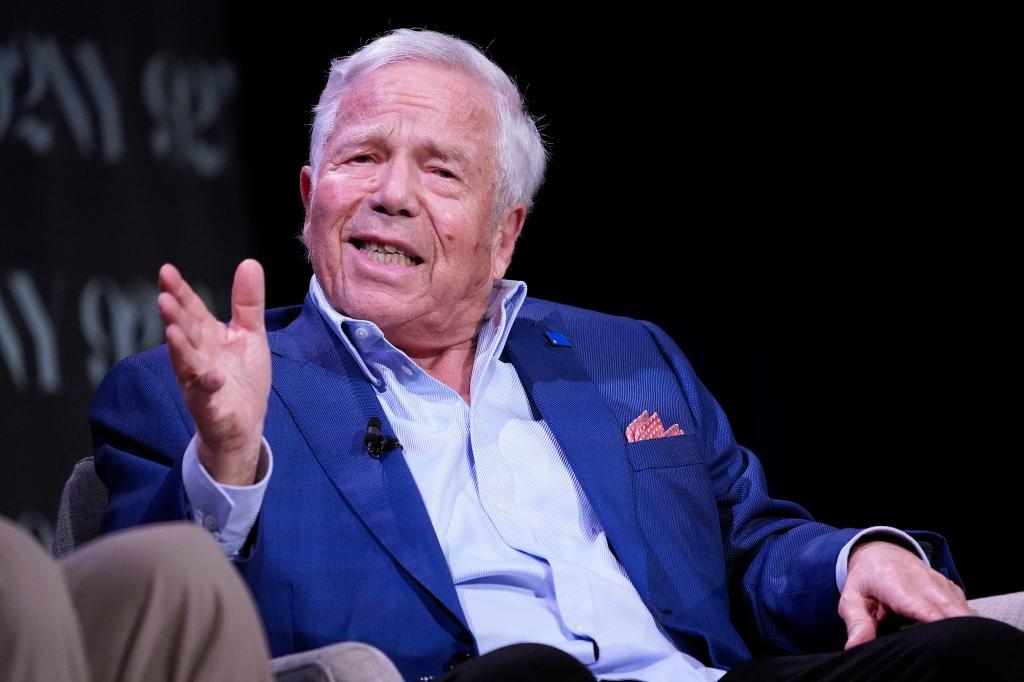The statement by Robert Kraft regarding his decision to withdraw support from Columbia University due to anti-Israel protests engages in public discourse by addressing the intersection of personal values, institutional behavior, and political expression. The statement reflects a personal and financial response to perceived political stances taken by the university community.
- The statement does not appear to cause harm but expresses a personal decision based on disagreement with the university's perceived political stance. [+1]Principle 1:I will strive to do no harm with my words and actions.
- Kraft's statement respects the dignity of others by focusing on his personal decision without attacking individuals involved in the protests. [+1]Principle 2:I will respect the privacy and dignity of others and will not engage in cyberbullying, harassment, or hate speech.
- The statement indirectly promotes understanding by highlighting the impact of institutional actions on stakeholders. [+1]Principle 3:I will use my words and actions to promote understanding, empathy, and compassion.
- While the statement does not engage in a detailed dialogue, it implicitly invites discussion about the role of personal and financial support in response to institutional politics. [+1]Principle 4:I will engage in constructive criticism and dialogue with those in disagreement and will not engage in personal attacks or ad hominem arguments.
- The statement is clear and does not require correction. [+1]Principle 5:I will acknowledge and correct my mistakes.
- Kraft uses his influence to express a stance that could prompt discussions on donor relationships and political expressions in academic institutions. [+1]Principle 6:I will use my influence for the betterment of society.
- The statement responsibly uses his platform to express a personal decision without misinformation or harmful rhetoric. [+1]Principle 7:I will uphold the principles of free speech and use my platform responsibly and with integrity.
